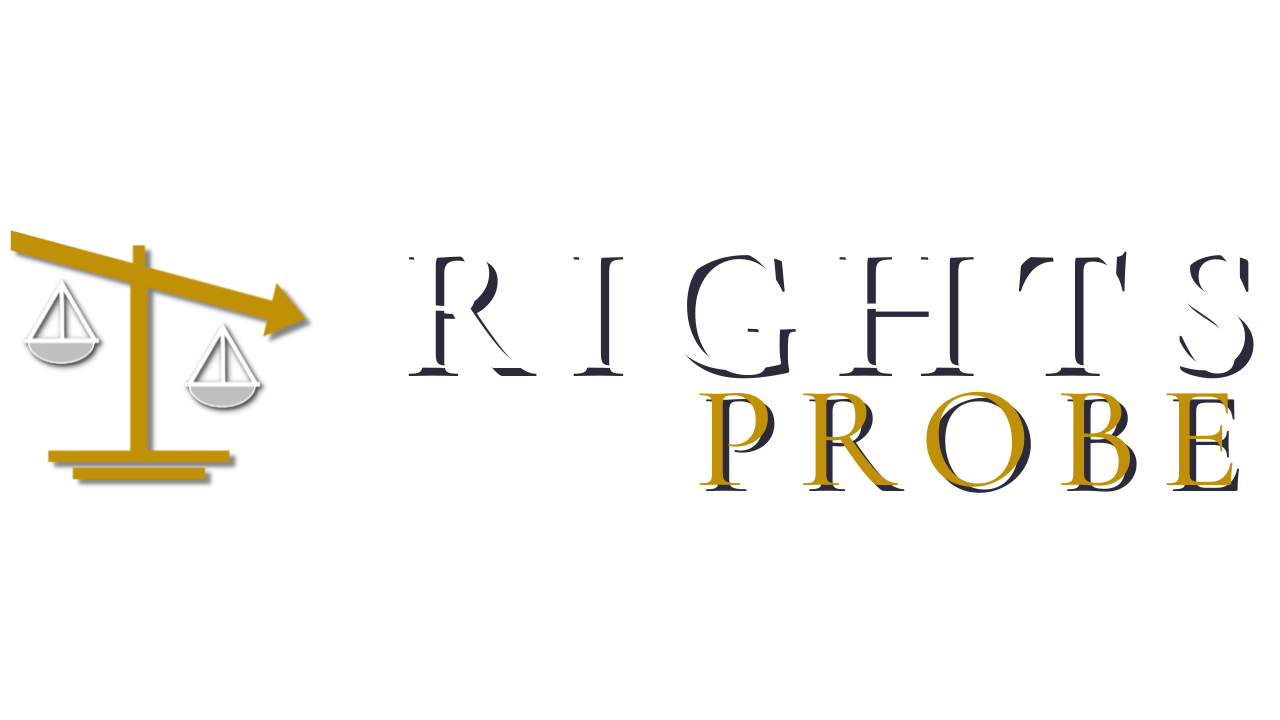At Toronto Metropolitan University medical school, some students are more equal than others
Published by Todayville
Summary
New analysis by Bruce Pardy highlights how Canadian courts have redefined the equality clause in the Constitution to prioritize "equity" over individual equality. This shift is evident in the new Toronto Metropolitan University medical school, which reserves 75% of its seats for specific identity groups, lowering admission standards significantly. Unlike the U.S., where equal treatment is constitutionally mandated, Canada's Supreme Court has favoured equity, allowing for discrimination against certain groups.
In Canada, the Charter may not even apply to university admission policies (because universities are not governments), but human rights codes do. Like section 15(1) of the Charter, human rights codes promise a right to equal treatment. But in accordance with the Supreme Court’s equality jurisprudence, human rights have come to mean equity too. In 2022, the Ontario Human Rights Tribunal said that white people cannot claim discrimination. “An allegation of racial discrimination or discrimination on the grounds of colour,” it wrote, “is not one that can be or has been successfully claimed by persons who are white and non-racialized.”
Read the full article at the publisher’s website here.
This article was also reprinted by Midland Today.
The report by Bruce Pardy, “A Right to Unequal Treatment,” for the Aristotle Foundation for Public Policy is available to read at the publisher’s website here.
Further Reading:
At TMU medical school, some students are more equal than others
Canadians have constitutional right to unequal treatment, new report argues
